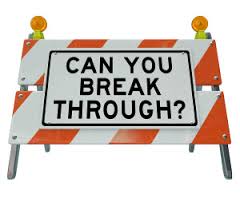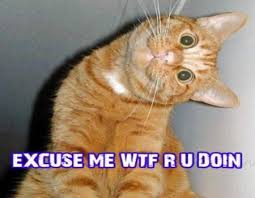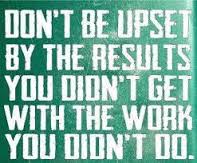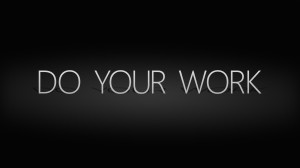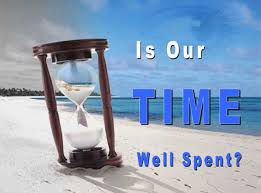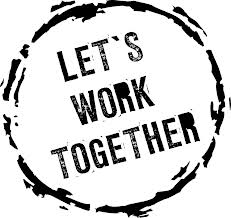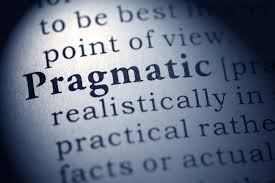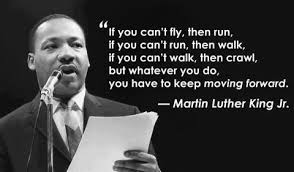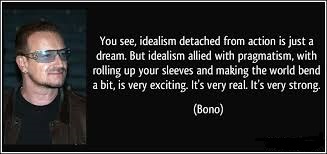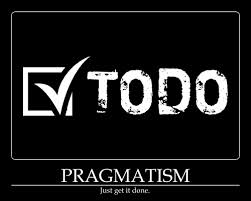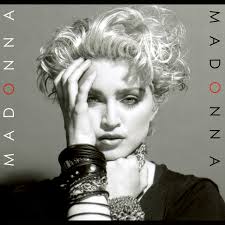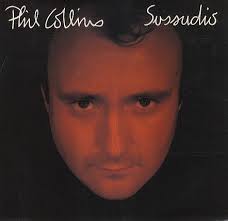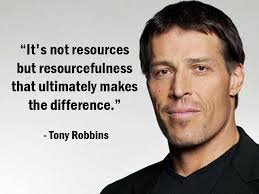They say that one really can’t be successful until they get their mind, body, and spirit “in tuneâ€.
What does that mean exactly?
If an instrument is not in tune it is displeasing to the ear. Hell, it evokes hostility in Kelly and me. It induces uncomfortable feelings of dis-ease and horror, plugging of the ears, tilted heads in an audience, and empty rooms. A listener cannot be attracted to music for too long if there is utter dissonance.
The same is true for your life and your artist career.
Whoa!
Think about that, it’s worth repeating, the SAME is true for your life and your artist career!
You have to learn to get in tune and stay in tune or you become unattractive.
I would have to say that for an artist (because we all crave attention and acceptance) becoming unattractive is probably the single most frightening scenario imaginable.
When one’s life is out of tune, the ripple effects are debilitating and constantly problematic.
Do you feel like this with your career sometimes?
I think “in tune†means several things to an artist.
The Mind
I think that your mind has to really be in tune with your artistry. Many artists never accomplish this (even though everyone of ‘em thinks they have).
Many artists are vague about exactly where their respective artistic lane is, so they continue emulating a.k.a. being derivative.
Many artists simply won’t and therefore don’t put in the work necessary to discover a unique artistic lane.
It’s a process.
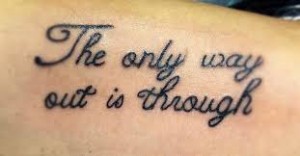 The only way out is through.
The only way out is through.
Many artists are simply too scared or private to dig down that deep and share their truth with a bunch of people they don’t know.
I get this by the way.
Most people, artists or not, are scared to discover their truth; even privately for themselves. This is a natural human reaction and quite frankly the willingness to share and be that exposed to the world is what makes real artists so special to all of us.
Real artists speak to our inner souls by being that uncovered, that raw.
Many artists are not in tune with the business side of music, so while they may be making something incredible, nobody is ever going to hear it which makes it impossible to fulfill a dream of being a professional at any level.
Follow me on this next metaphorical concept.
When I watch Kelly produce a vocal, it’s a work of art.
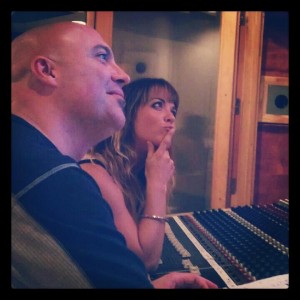  I’m astounded. I’ve learned from Kelly that what makes a killer vocal is not only the attention to big notes that everyone is drawn to (because it’s obvious and easy), rather the attention to the little, quick, passing tones and notes. When those notes are in tune, and the artist is selling the lyrics that fall on those notes, the vocal soars with confidence.
 I’m astounded. I’ve learned from Kelly that what makes a killer vocal is not only the attention to big notes that everyone is drawn to (because it’s obvious and easy), rather the attention to the little, quick, passing tones and notes. When those notes are in tune, and the artist is selling the lyrics that fall on those notes, the vocal soars with confidence.
It’s the difference between a mediocre vocal and a stellar vocal.
Think about that in terms of staying in tune with your whole artist experience. If you only focus on the obvious stuff and overlook the crap you get bored with easily you are not in tune.
It’s attention to detail.
It’s the difference between a mediocre career and a stellar career.
Many artists are not in tune with the simple desire to constantly improve.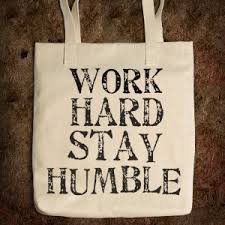
Some are lazy, and aren’t willing to do the necessary work.
Some are delusional, devoid of humility, and think they’re amazing.
Some are both.
They get ate up with glitz and glitter of their artist daydream and how they feel it should look rather than working on being better and accepting the fact that real life is never like you imagine it will be, artist or not.
If a situation or opportunity presents itself that isn’t consonant with the script in their daydream, it is shunned, ignored, forgotten, left to rot, with no action taken.
This is far too common of an occurrence.
The Spirit
I see so many artists that are unfortunately spiritually broken. Sadly, the uber-sensitive, spiritually-shattered artist is what typically makes compelling art.
But there is the search for your spiritual truth and spiritual peace.
There is an art to getting comfortable in your own skin.
This pursuit requires work as well.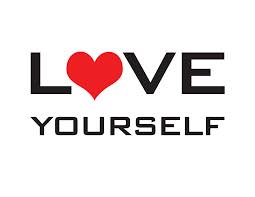
Work many of us are not willing to do.
There exists a delicate dance between a tortured past which has to be forgiven but never forgotten so one can function at the highest level in life, and the cathartic exercise of reliving the past, to write about it, which helps in processing the pain and hopefully healing.
The Body.
Just because it looks good doesn’t mean it’s in tune.
Just like everyone I fall off my workouts and slowly dip into lethargy like the proverbial frog in the pan where the water is slowly heated up.
Here’s the kicker, every time I get off my ass to get back to the gym I INSTANTLY feel better.
Yes maybe a little sore but my energy level immediately spikes and stays more consistent throughout the day.
I handle good stress better.
I handle bad stress better.
I drink less.
I eat better.
I feel better about the way I look and therefore immediately become more attractive.
That’s what we want right?
To be more attractive?
More attractive to our fans.
More attractive to business prospects.
More attractive to our significant others.
What exactly are you doing to keep your mind in tune with your art?
What exactly are you doing to get your spirit in tune and settle your soul?
What exactly are you doing to get your body in tune?
I want y’all to think about that.
Stay in tune.
If you like this post, please SHARE it and/or LEAVE A COMMENT thank you!
[ois skin=”Bottom Post”]


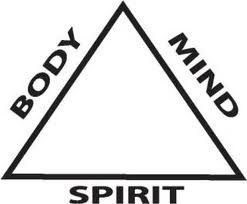

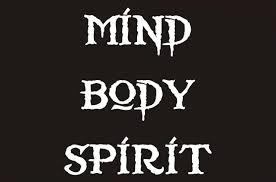


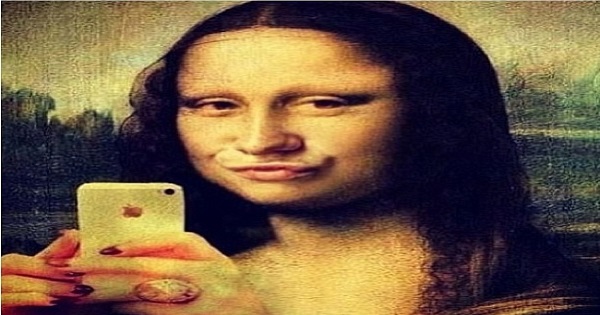
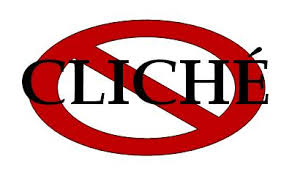
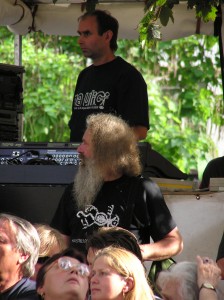




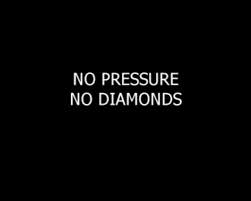
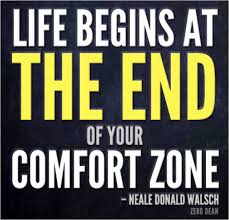
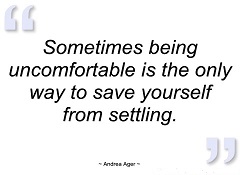
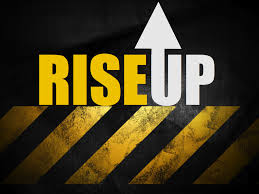
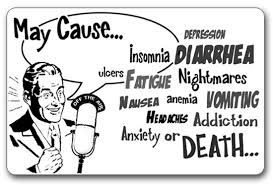
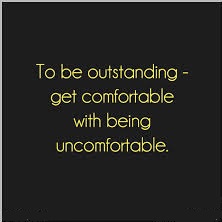

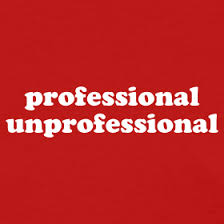

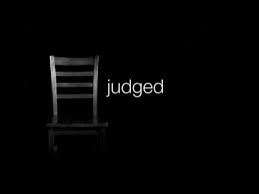
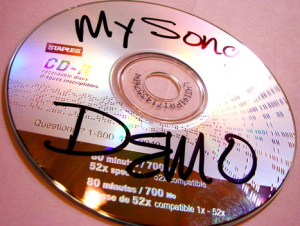
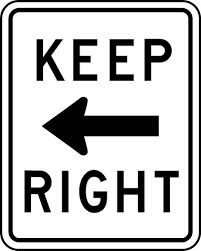
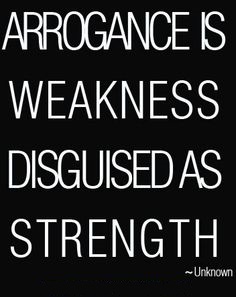
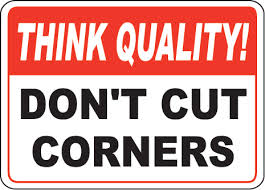
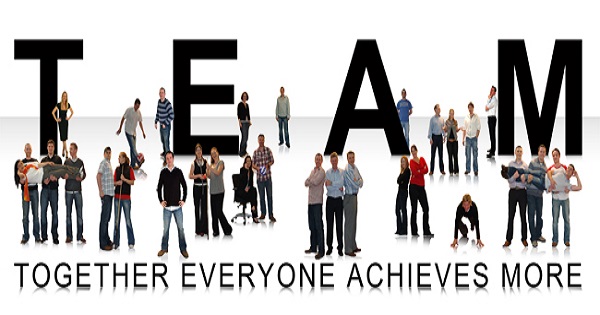
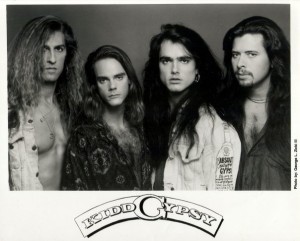


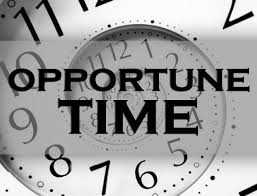
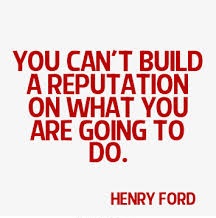



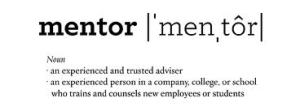
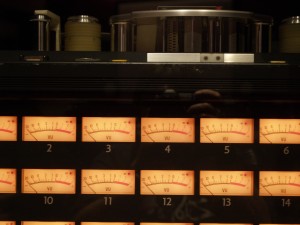

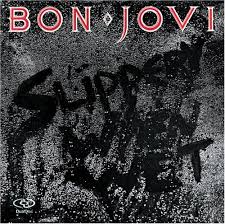

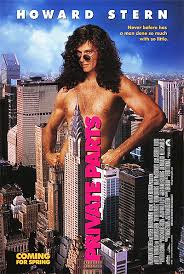
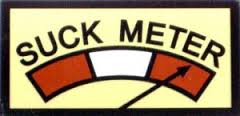


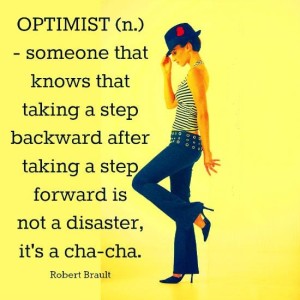

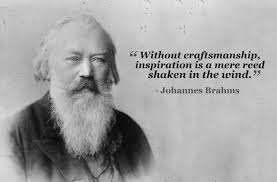

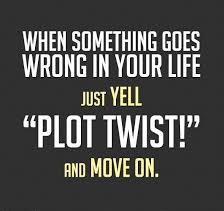
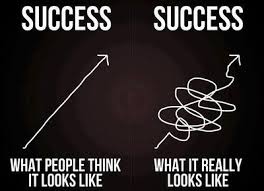
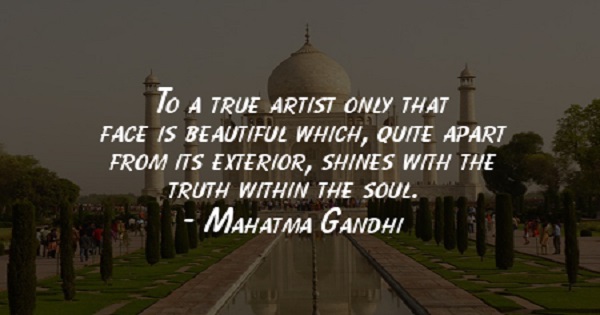
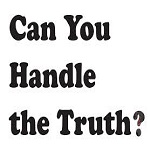

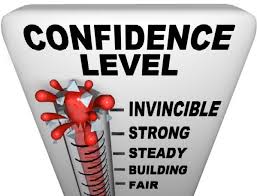
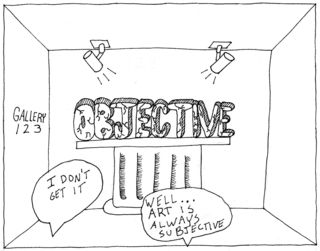
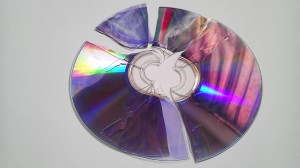
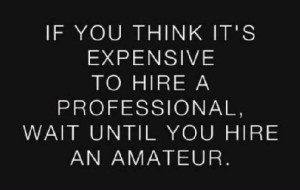
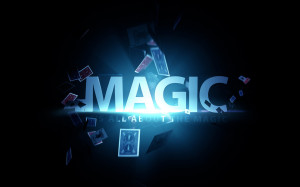
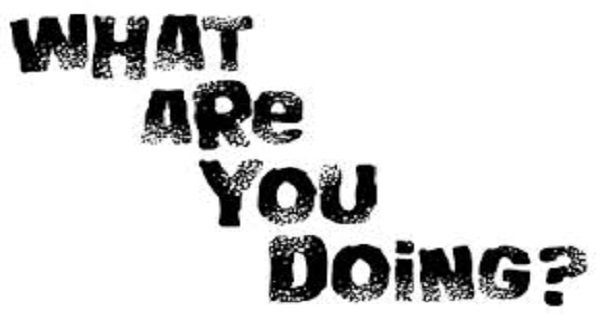
 reaction that was inspiring to me.
reaction that was inspiring to me.